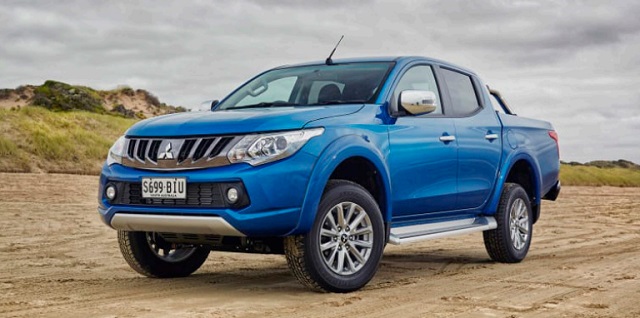
Mitsubishi Triton case shows why you should be concerned
Fuel economy ratings given by vehicle manufacturers are being questioned following a landmark decision by a consumer tribunal in the Supreme Court of Victoria State in Australia.
The Victoria consumer tribunal awarded a full refund to a Mitsubishi Triton owner who claimed the fuel economy rating label was not an accurate reflection of real world consumption.
The owner of the Mitsubishi Triton GLS, Zelko Begovic, claimed he could not achieve the same fuel economy on open road driving as the figure published on the rating label, and that the discrepancy was greater than what was expected or could be deemed reasonable.
The label stated that the vehicle could offer “6.8L/100 km on Extra Urban”. However, although Begovic bought it knowing he could possibly not get that because of various road driving issues, he was disappointed that he could not get even achieve 8.5 litres per 100 km on Extra Urban (highway driving). Instead, the vehicle consumed 12.44L/100km in Extra Urban driving during tests.
The car was taken back to dealers numerous times to check fuel consumption, but no faults were found. During the dispute, technical experts from Mitsubishi also inspected and tested the vehicle. Data was also presented to the tribunal from an independent company, ABMARC, which measured the consumption of his Mitsubishi Triton in real driving conditions using advanced on-board test equipment, similar to that used in Europe to measure consumption and emissions.
The testing used different standards to achieve a result, including vehicle load, fuel quality standard and the tests were outside laboratory conditions as they utilised portable testing equipment.
Finally, the difference between the realworld driving measurements versus the manufacturer’s fuel economy rating label data was deemed “unusual and excessive”, the Victorian Civil and Administrative Tribunal (VCAT) ruled in favour of the owner of the Mitsubishi Triton. He was awarded a full refund on the $39,500 new-car purchase price due to discrepancies over fuel economy claims.
The ruling is now being challenged in the Supreme Court. But the car industry fears it could set a precedent for other states to follow.
“The precedent that this might set is a concern for the industry. We’ve urged for many years that motor industry consumer matters should be dealt with by a specialised tribunal with adequate technical competency,” said David Blackhall, CEO of the Australian Automotive Dealer Association.
He argued that, as previous cases have highlighted, the average consumption figures on fuel economy labels are determined by laboratory tests rather than real-world driving.
The laboratory tests were created so all vehicles could be assessed in identical conditions. However over the years the gap between lab results and real world figures has widened.
The ruling comes at a time when new rules being rolled out in Europe will soon require all car makers to provide fuel economy estimates based on real-world driving tests.
*****
 The Independent Uganda: You get the Truth we Pay the Price
The Independent Uganda: You get the Truth we Pay the Price





